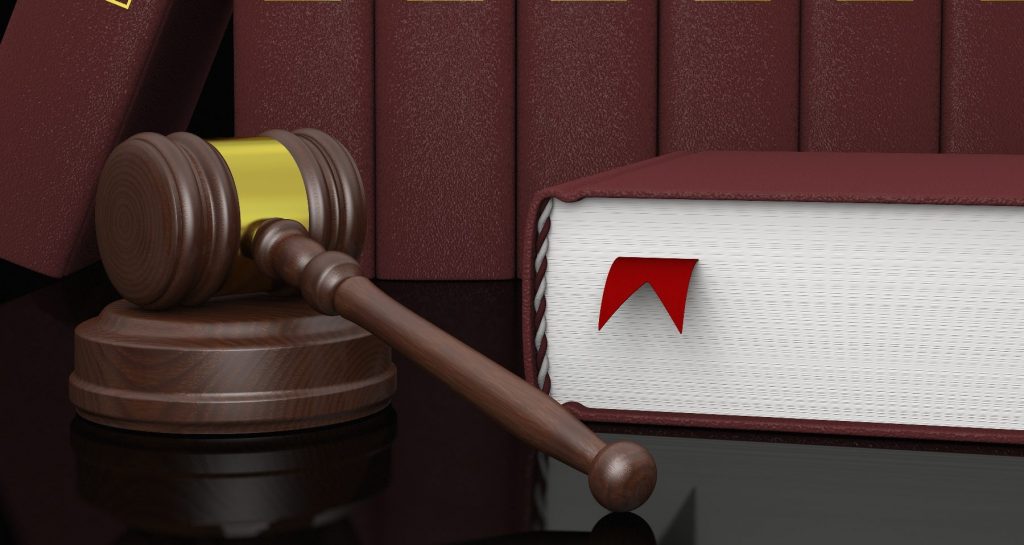It is normal to feel frightened and confused after being delivered an NTA document by mail. You may not understand the criminal charges you face, or even recall being involved in any activity that could have rendered you a possible suspect or witness to a crime. This can cause you to experience heighten emotions, leaving you fearful for your future and your freedom. Fortunately, the right knowledge and a seasoned criminal defense attorney are all your need to protect yourself from undue process. Continue reading to learn more about Notice to Appear documents, requirements, procedures, and more. This will help you get on the right track toward putting your legal troubles behind you.

Criminal Defense Law Firm 317-636-7514
What is a Notice to Appear?
A “Notice to Appear” is an official government document. They are primarily used by state-level court systems to lessen the need for arrests, and stream line the attendance process for individuals suspected of committing lesser crimes. Not everyone qualifies for NTA status, and instead, will be issued an actual arrest warrant. Those who receive NTA’s are people who have been identified as low-risk and likely to appear. For example, the basic conditions for NTA eligibility include:
☛ No Risk in Summoning Defendant to Appear
☛ Defendant is Considered Likely to Appear
☛ Defendant Has Not Failed to Respond to Previous Court Notice
☛ Defendant is Facing Misdemeanor Charges or Infractions
\Normally 1 to 3 pages in length, these official papers formally request a individual’s attendance in court for a suspected crime. They are generally reserved for misdemeanor crimes, such as traffic offenses, shoplifting, and possession of drug paraphernalia. Essentially, they demand that a person appear in front of a judge within 10 days of their notice to answer to the criminal charges against them. If a person fails to appear, they will face additional legal penalties, and quite possible, criminal charges.
NTA Information
NTA documents will generally contain vital information pertinent to an individual’s case, including the allegations against them, as well as, the time, date, and location of their scheduled court appearance. Missed court dates, or FTA’s (failure to appears), are serious violations as well, and will be penalized as separate offenses; so it is critical to understand all the information in a Notice to Appear document, and properly prepare yourself for the appearance. Anyone who is issued a Notice to Appear must immediately retain legal counsel since they will soon be in court facing criminal charges.
Your Next Steps After Receiving an NTA
If you have received a Notice to Appear in Indiana, you could be facing a long list of penalties, including jail time, suspended driver’s license, hefty fines, loss of employment, sex offender registry, and much more. So now is the perfect time to call a licensed Indianapolis criminal defense attorney who will protect your rights and preserve your freedoms. It is important to prepare your defense as soon as possible since prosecution has already starting building their case against you.
Indianapolis Criminal Defense

David E. Lewis Attorney at Law 317-636-7514















